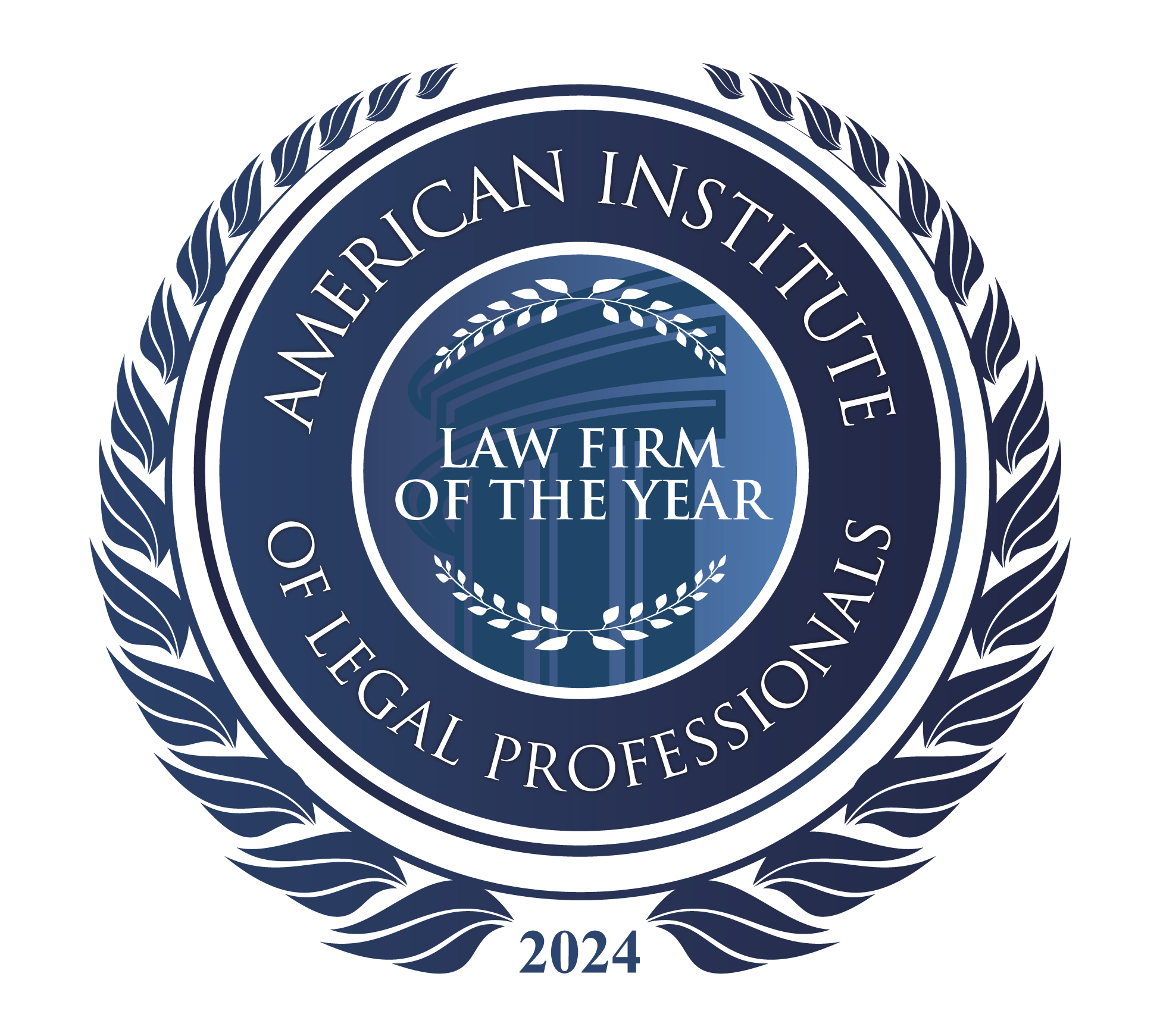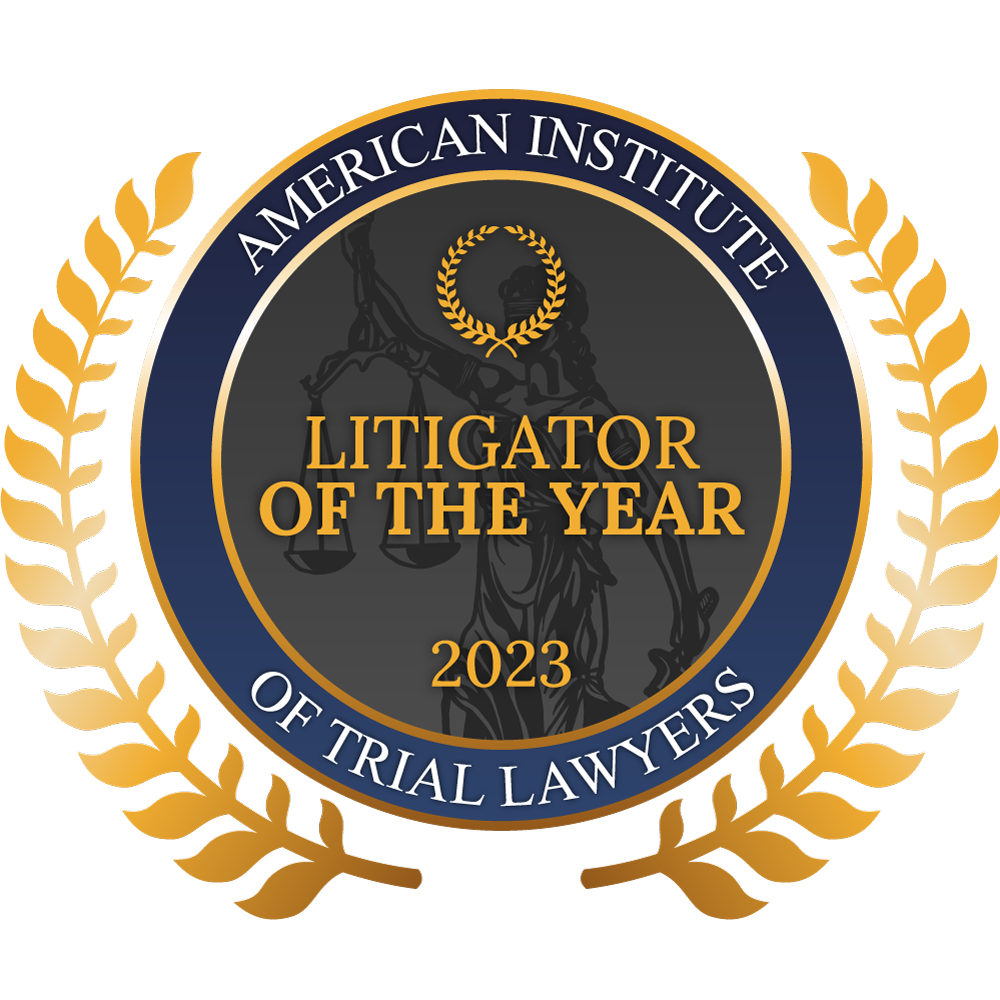
You are traveling on South Sheridan Boulevard in Denver when you come upon a car accident. You arrive before any responders. There appears to be someone on the road unconscious and not moving. Should you stop and render aid? Some people are reluctant to get involved because of concerns about legal liability. These issues are addressed by the Colorado Good Samaritan Act.
What Is Colorado’s Good Samaritan Law?
Colorado’s Good Samaritan Law protects those who render emergency first aid from liability for injuries they may cause. The law encourages bystanders to act when they see someone needing immediate medical assistance.
You may have heard stories of people performing life-saving CPR only for the person they saved to turn around and sue them for injuries sustained during CPR, like broken ribs. This is the issue Good Samaritan Laws seek to solve. By passing this law, Colorado lawmakers sought to protect bystanders from the legal repercussions of trying to save lives.
For example, say that you came across a fiery car accident and noticed that the driver was still in the car unconscious. As you’re pulling the driver out of the car, you happen to worsen a spinal cord injury they suffered in the crash. Would you be liable for their worsened injury?
In this case, the answer would most likely be no. You didn’t know the person you were trying to save suffered a spinal injury that your actions could worsen. And even if you did, getting them out of the car was more important because the fire endangered their life. Contact our Denver car accident lawyer today.
When Does the Good Samaritan Law Apply?
The Good Samaritan Law in Colorado applies when someone who is not being paid for their services provides emergency medical or rescue assistance. The person helping could be a trained medical professional or a random passerby without training.
The law applies regardless of who provides aid. The person who is helping does not need any qualifications to render assistance. And if something they did while helping worsened or caused additional injuries, they are still covered under the Good Samaritan Law. What matters is that they attempted to perform first aid or rescue someone from danger in good faith and without expecting compensation.
One example is a doctor who encounters an injured person on the street. While working, doctors expect to get paid for their services. However, in this situation, the doctor isn’t on the job and doesn’t expect payment for rendering first aid. The Good Samaritan Law applies in this case.
Another common example in Colorado is ski patrol rescue. When ski patrol rescues someone, that person may suffer additional injuries as they’re carried down or air-lifted off a mountain. However, many ski patrol workers are volunteers. They don’t get paid for their services, so the Good Samaritan Law covers them.
What Is the 911 Good Samaritan Law?
The 911 Good Samaritan Law provides legal protections to those who call emergency services to save another person’s life, specifically in cases involving drug or alcohol overdoses.
Let’s say two people are using illegal drugs, and one of them overdoses. Without the 911 Good Samaritan Law, the other person may not call 911 out of fear that police will charge them for their illegal drug use. Not calling could then lead to the death of the person overdosing.
Colorado’s 911 Good Samaritan Law provides immunity from criminal prosecution for those who report emergency overdoses to police, 911 dispatchers, or medical providers. Additionally, it applies to those who wait for police or EMTs to arrive on the scene or at the hospital after such a report.
This immunity also extends to the person who suffered the overdose event. If you call for help, you don’t have to worry about the other person getting arrested for their drug or alcohol use either. What’s most important is that they receive the emergency treatment they need.
How Does the Good Samaritan Act Affect Personal Injury Claims?
The Good Samaritan Act affects personal injury claims by protecting the person who rendered emergency aid from liability. However, that doesn’t mean it protects every possible party at fault for your injuries from liability.
Let’s use the fiery car accident example again, but this time, you’re the one injured in the accident. You wouldn’t be able to file a personal injury claim against the bystander who pulled you from the vehicle, causing your spinal injury to worsen. However, you could still file a suit against the other driver who caused the crash.
The Good Samaritan Act can also protect employers from being sued based on the actions of their employees who attempted to offer first aid in good faith. Our Denver personal injury lawyer can help.
If an employee of a company causes your injuries while they are working, you can sometimes file a claim against their employer, as well. However, if the employee injured you by trying to provide first aid, their actions may fall under the Good Samaritan Act. In that case, the Act would also cover their employer – unless their employer is the one who caused their initial injuries.
What Are Some Legal Exceptions for Good Samaritan Liability?
There are two main legal exceptions to Colorado’s Good Samaritan Laws:
Compensation
Anyone who receives compensation for their role in providing first aid or rescue services does not receive protection under the Good Samaritan Law. Notably, this means that EMTs who arrive on the scene of your accident to render aid and take you to the hospital may be liable for additional injuries they cause.
Gross Negligence
Someone whose actions are considered gross negligence or intentionally harmful while attempting to provide aid could be liable for additional injuries they cause. For example, let’s say you slip and fall down a flight of stairs. When you land at the bottom of the stairs, you can’t catch your breath. An untrained bystander sees you fall, thinks you have stopped breathing altogether, and attempts to perform a tracheotomy.
The courts could consider this gross negligence on the part of the bystander because you actually could breathe but had the wind knocked out of you and they had no training in performing a tracheotomy. The Good Samaritan Law would not cover that person in this situation.
Who Is Protected by the Good Samaritan Law?
Colorado’s Good Samaritan Law protects people from legal liability if they act in an emergency situation to give aid to a person who is injured. The law is intended to encourage people to offer emergency aid without being worried about being sued.
Physicians and Surgeons
The Colorado Good Samaritan Act specifically mentions people who have medical training because they are most qualified to provide treatment in the chaotic moments after a crash. This group includes licensed doctors, nurses, surgeons and other medical professionals. Due to the knowledge and experience that medical professionals have, it is expected that they will render medical help if necessary in emergency situations.
However, medical professionals may be reluctant to provide medical services outside a hospital or doctor’s office because the care they provide is required to meet certain standards. According to the Good Samaritan Act, doctors and other medical personnel who offer emergency services in good faith at the scene of an accident without expectation of payment cannot be held liable if their actions or inactions made the injury worse.
For the law to apply, the health care provider would need to render the emergency services at the scene and without an expectation of being paid. The types of acts covered by the laws include first aid, medical services, rescue procedures and transportation. Doctors can only be liable if their actions were grossly negligent while rendering the emergency services.
The Good Samaritan Law does not apply to paid first responders who arrive the scene of an accident as part of their job and provide medical care or rescue services with the expectation of being paid. If a paramedic arrives on the scene and renders aid with the expectation of being paid, the accident victim may have a legal basis to sue if the paramedic provided negligent care.
Volunteer Member of a Rescue Unit
However, the Colorado Good Samaritan Act also shields volunteer members of a rescue unit from liability when they provide aid in good faith. Rescue units are non-profit outfits contracted by the state to render emergency services. These rescue units might get funds from the state in order to cover their expenses.
However, the volunteer members do not get compensation for their services. This means that they fall under the category of people the law protects for rendering emergency services at the scene of an accident. Volunteer members of rescue units cannot be sued for the acts or omissions they carry out in rendering emergency services to injured people.
Members of a Ski Patrol
Ski patrols render rescue services in the snowy areas of Colorado. A lot of the volunteer members of these ski patrols are doctors, physicians, surgeons and other medical personnel.
Volunteer members of ski patrols, including medical personnel, are covered by the Good Samaritan Act. For the Good Samaritan Act to apply to members of a ski patrol, they should have rendered emergency services without compensation.
Volunteer members of ski patrols may receive free ski privileges or other benefits for being on the ski patrol. However, these do not count as compensation for any emergency services they render.
Non-Profit Hotline Responders
The Colorado Good Samaritan Act also applies to volunteers who handle the hotline of non-profit organizations. These are organizations that respond to calls on how to handle emergency situations.
If a person has an accident and calls one of these non-profit hotlines, the person cannot sue the volunteer responder for unexpected actions that arise from their counsel or discussion during a crisis or emergency situation.
The Colorado Good Samaritan Act applies in situations in which a non-profit gets grants and other types of funding to enable them to effectively run the non-profit.
Employer’s Liability
An employer may be liable for negligent actions that their employees commit in the course of performing their job. For example, if a company driver, on the way to deliver goods for an employer causes an accident and injures someone else, the driver’s employer may be liable for the costs associated with the accident.
However, an employer shall not be liable if an employee renders emergency care in the course of his or her job and the employee is exempt from liability, according to the Colorado Good Samaritan Act.
Should Ordinary Citizens Render Emergency Services?
The Colorado Good Samaritan Act also applies to ordinary citizens who are not licensed health care providers. A regular individual may render emergency services without fear of legal repercussions if things don’t go according to plan. But there are many ways to render aid beyond performed CPR.
If you do not have training in giving first aid, the best thing you can do may be to call for emergency assistance, provide as much information as possible to the emergency dispatcher about the accident victims’ injuries and wait for the first responders to arrive.
Speak to an Experienced Colorado Personal Injury Attorney
If you have questions about whether you have a right to seek compensation for injuries sustained in an automobile accident caused by someone’s careless or reckless decisions, you should consult experienced legal counsel. The Wilhite Law Firm, based in Denver, is here to help personal injury victims in Denver. Our law firm offers free, confidential case reviews that can be conducted in our office. During the consultation, a lawyer with our firm will go over the facts of the collision and provide an assessment of your legal options. Contact us today to speak with one of our attorneys.






















